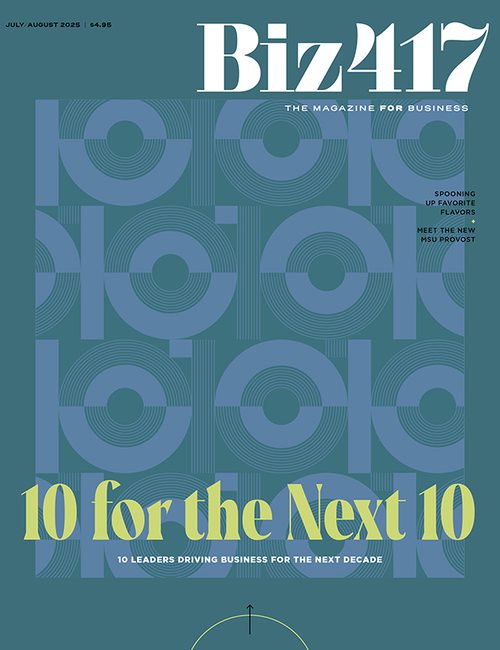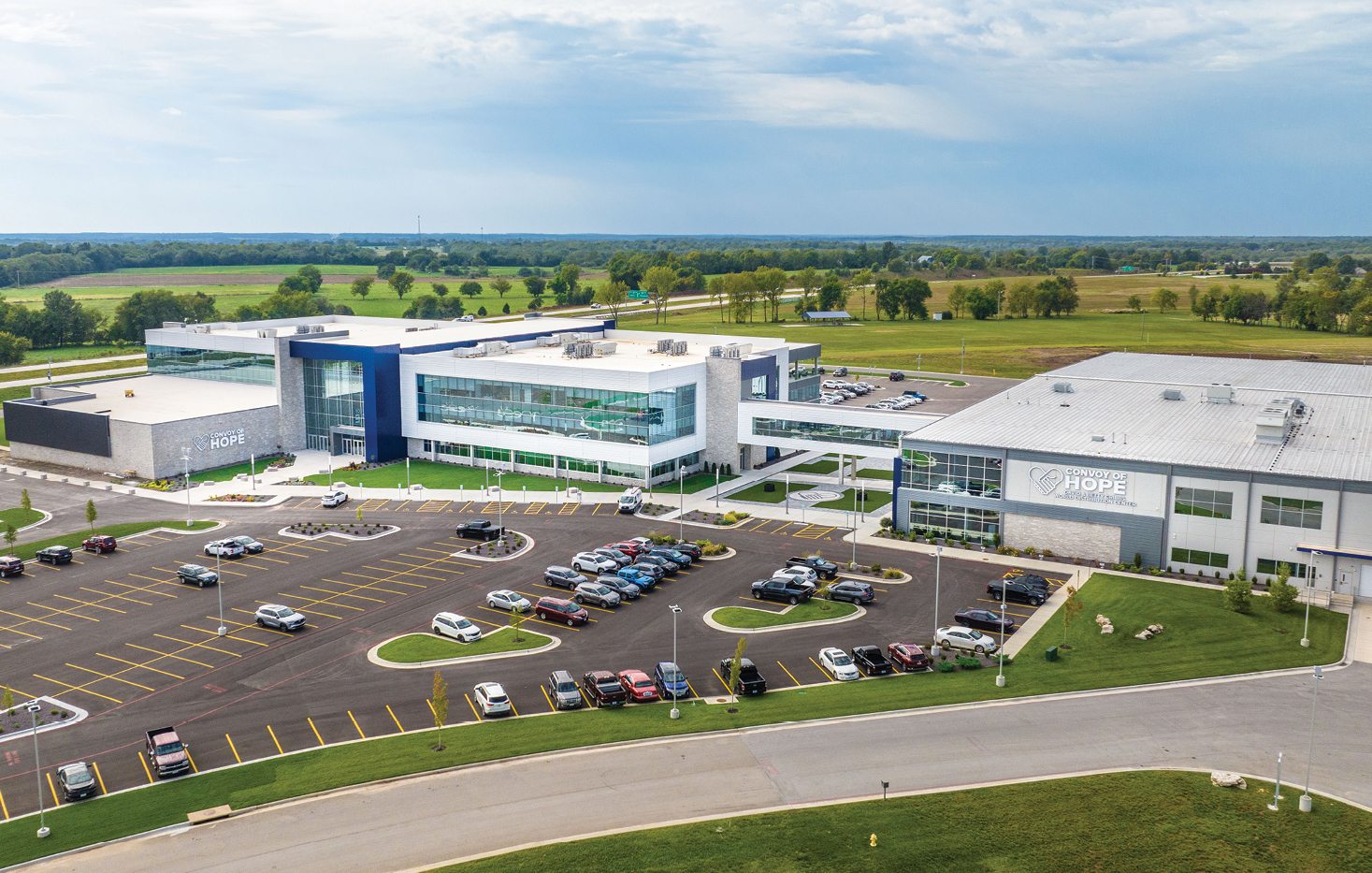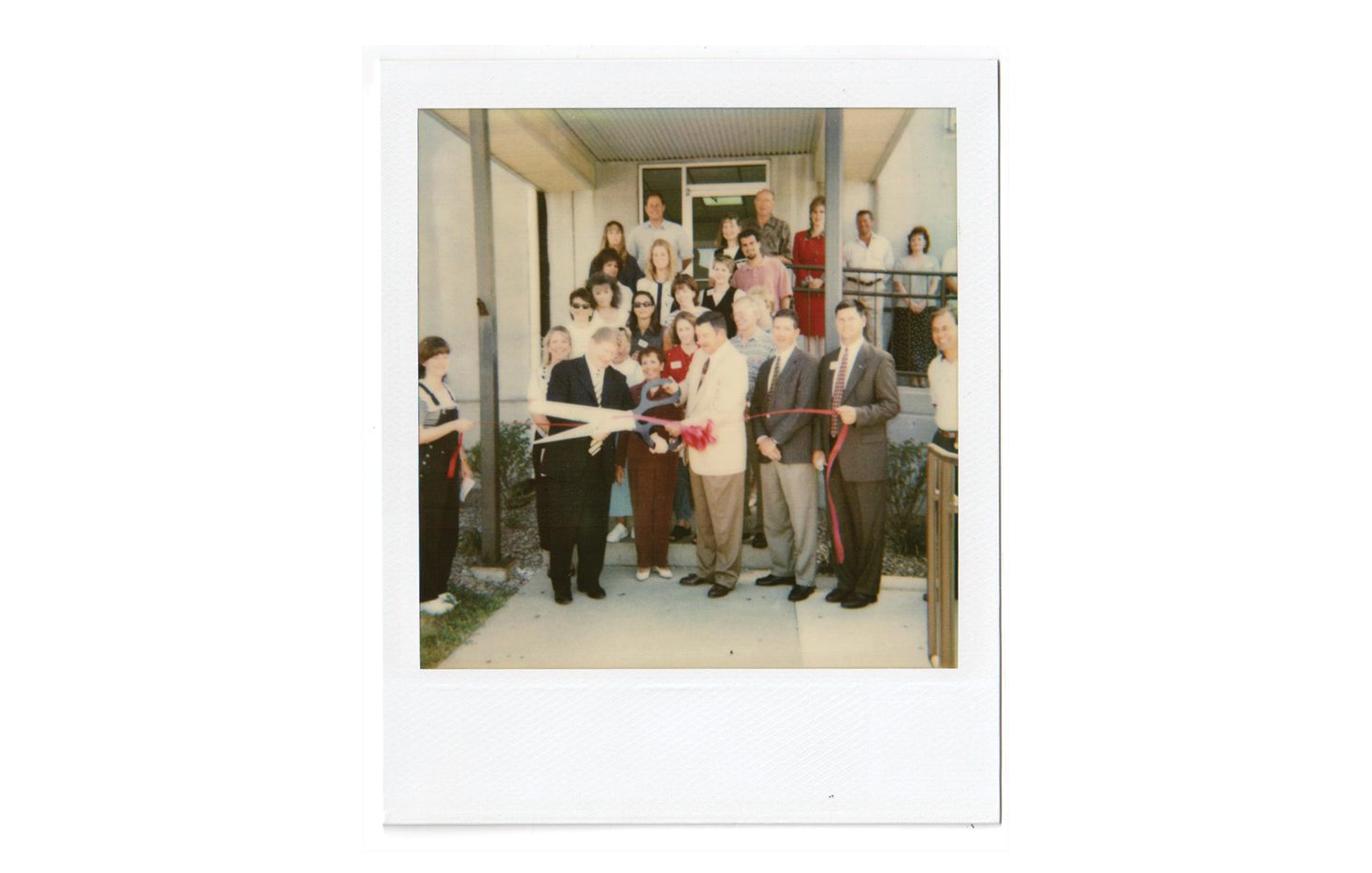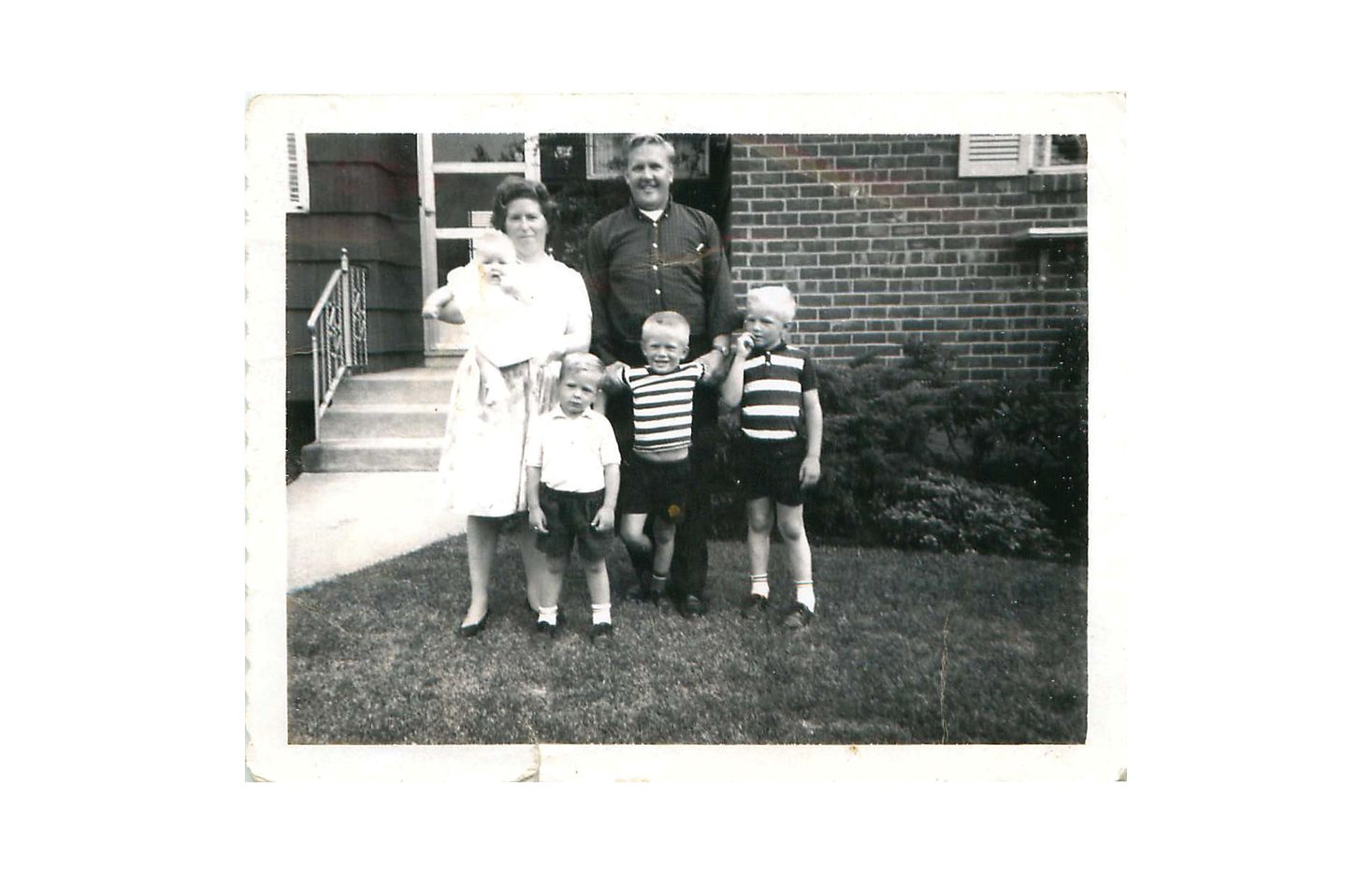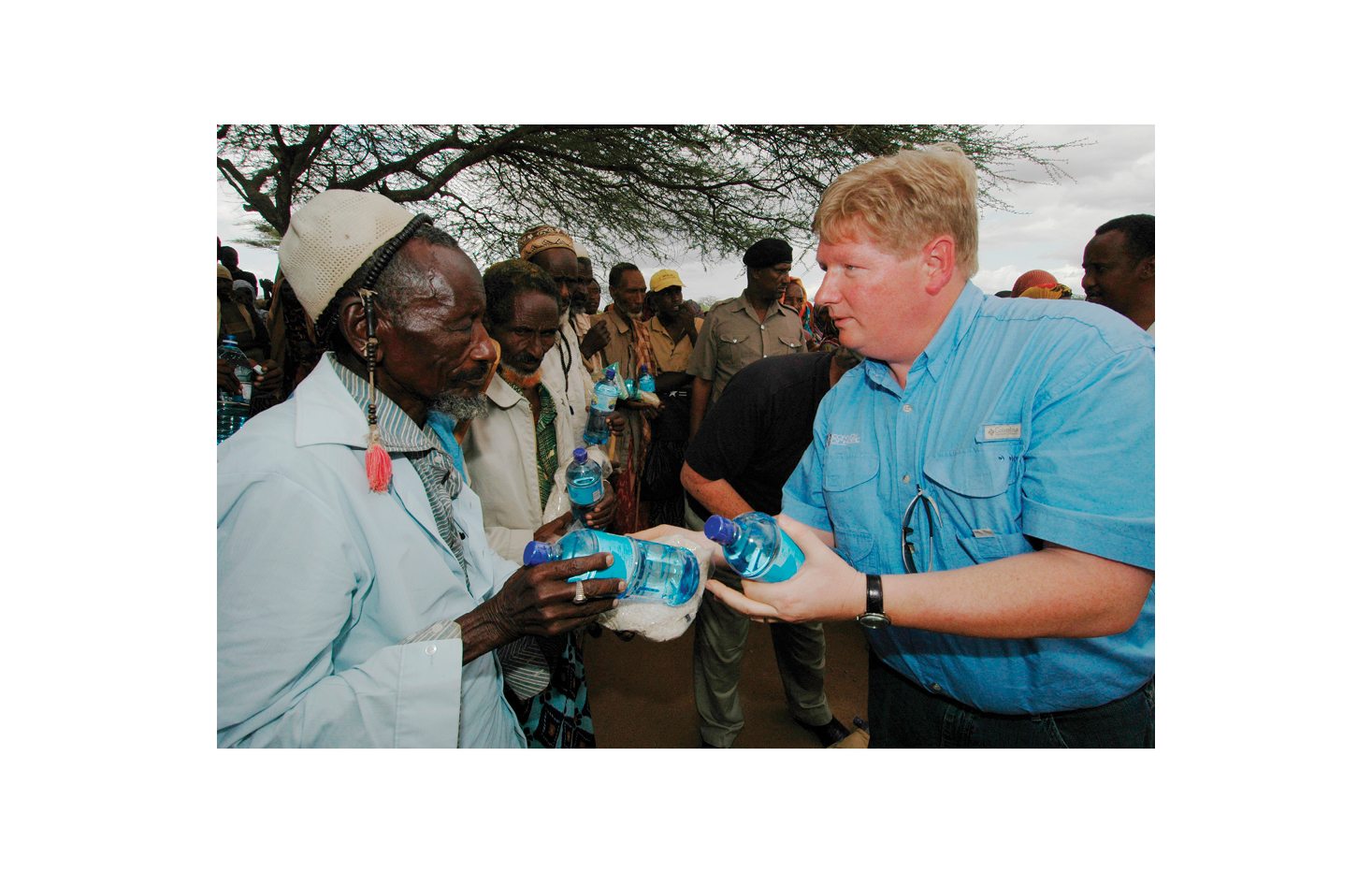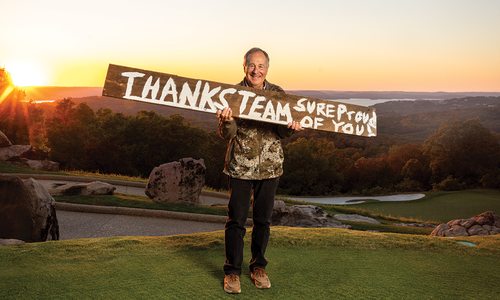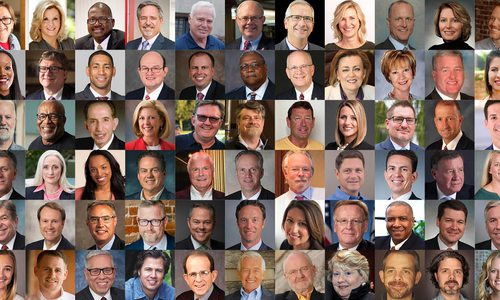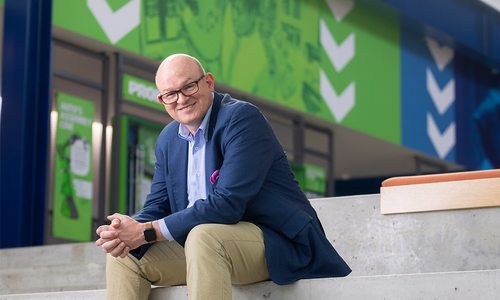This past October marked a huge milestone for Convoy of Hope. The faith-based humanitarian organization moved its headquarters from Springfield to a newly built 200,000-square-foot facility in Republic.
Expanding into such a large building is an impressive feat for any nonprofit, but Convoy’s president and founder, Hal Donaldson, considers it a means to an end. In fact, he never envisioned the organization growing to the point of needing such a large-scale operating site. “The fact is, I never wanted to build a building [or] to own a building,” Donaldson says. “I think what happens with a lot of charities is that they become about the building. We entered into this knowing that if we were supposed to do this, that if God wants us to do this, there’s one thing that’s nonnegotiable: We cannot in any way reduce our mission or allow it to affect our mission, and we cannot touch any funds that are focused on the mission. This has to be all new resources.”
Convoy was successful in meeting these requirements, and the new building is allowing the organization to expand its mission rather than reduce it. Previously, Convoy employees worked at three separate sites, but this new building houses more than 300 of Convoy’s 500 global employees together for the first time in a decade.
After five years of fundraising, the organization gathered $45 million from private donors to pay for the project in full. Buxton Kubik Dodd Design Collective designed the building in a way that optimizes Convoy’s ability to help as many people as possible, and the addition of a training center component allows the organization space to expand its training opportunities to more university students, international recipients, churches, businesses and civic groups. A skywalk connects the organization’s global headquarters and training center to its world distribution center, which holds mounds of supplies at the ready for Convoy to deliver to those who need them most.
Convoy focuses on six outreach pillars, which include children’s feeding, women’s empowerment, agricultural training, rural aid, community outreach events and natural disaster relief. Today, the organization is a well-oiled machine. When news struck about the August 2023 wildfires in Hawaii, Donaldson was in Nicaragua. “We’ve responded to nearly 700 disasters since 1998,” Donaldson says. “Already this year, we’ve responded to 72. The team knows that if it’s a disaster of virtually medium size magnitude, we’re going to respond. So even if I’m out of the country, I just know our team is responding. I don’t even question that.”

